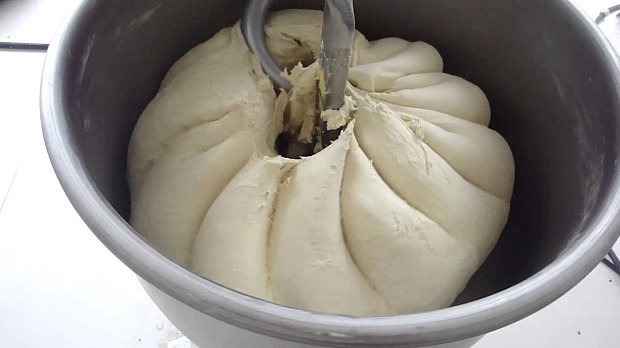Choosing the Right Pastry Mixer to Boost the Productivity of Your Business
Something that bakers, chefs, and hospitality workers wonder a lot is what kind of pastry mixer to invest in. And that’s a pretty good question, as producing a quality product is important if you want customers to come back for more. And besides, who has the time or power to mix hundreds of pies, croissant, or breads by hand? So yes, every professional food production business that has pastries of any kind on the menu should invest in a commercial pastry mixer. But considering the fact that there is a wide range of pastry mixers to choose from, you need to consider a few important things before making your pick.

What Will You Be Mixing?
First of all, take your time to think about all the individual recipes and goods you plan to produce with the mixer. As different types of dough have different consistencies, you may need different types of pastry mixers. For instance, kneading a batch of stiff and thick dough requires a lot more power than mixing batters. Considering this, working with tough dough requires a mixer with more motor power, like for instance some sort of spiral model. On the other hand, mixing dough with thinner consistency is best done with a planetary mixer. What’s more, planetary mixers can be used to whip and blend, whereas spirals cannot. If you want to be able to produce a wider variety of dough products, it’s a smart move to get both types of mixers.
And How Much?
The quantity of pastries you need to produce should determine the size of the mixer you will need. A common misconception is that if you get a 5kg model you’ll be able to produce a 5kg amount of dough. Unfortunately, that’s not the case. The bowl can be filled to about 2/3, which means you can only get 3.3 kg of product from a 5kg sized mixer. Therefore, if you’re looking to meet the needs of a small restaurant, a 10-20kg planetary mixer should be enough. On the other hand, a busy bakery should be considering a 40 – 120kg or a larger spiral mixer. As you can see, there’s a large variety of sizes for commercial mixers on the market, and as expected, the prices go up as the models get bigger. But in general, having a larger mixer is definitely worth it, considering how it can speed up food production and save you valuable time and effort.
Your Available Space
In a commercial kitchen, space is a premium. While the capacity and power of the mixer are definitely the most important consideration, you shouldn’t forget about the available space you have to fit in the unit. The ideal mixer is the one that will help you maximise your output without minimizing your available space to work. Considering this, pastry mixers are available in both counter top and floor models – depending on your kitchen’s floor plan.






